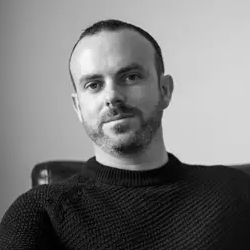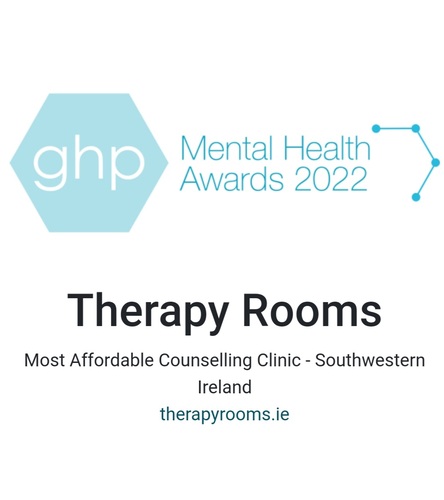How Counselling Works:
First Meeting to Last Session
Counselling is a journey of self-discovery and growth, facilitated by a trained professional in a safe and confidential space. Here’s how it typically unfolds, from the first meeting to the final session:
1. Initial Meeting: Building Rapport
The first session, often called an intake or assessment session, focuses on understanding the client’s needs, concerns, and goals. The counsellor introduces themselves, explains the counselling process, and establishes confidentiality boundaries. The client shares their reasons for seeking help, while the counsellor asks questions to gather a fuller picture of the client’s situation. This is also a time for both parties to decide if they feel comfortable working together.
2. Goal Setting: Creating a Roadmap
In subsequent sessions, the client and counsellor collaboratively define specific, achievable goals. These might address emotional challenges, relationship issues, or life transitions. The counsellor uses this roadmap to guide therapy, tailoring approaches to the client’s unique needs.
3. Therapeutic Work: Exploring and Healing
The core of counselling involves regular sessions where the client explores their thoughts, emotions, and behaviours. Depending on the counsellor’s approach—such as cognitive-behavioural therapy (CBT), personcentered therapy, or psychodynamic therapy—sessions may include reflective dialogue, practical exercises, or deeper explorations of past experiences. The counsellor provides support, insights, and tools to help the client navigate challenges and develop healthier patterns.
4. Periodic Review: Measuring Progress
Throughout the counselling process, the counsellor and client periodically review progress toward the established goals. This ensures that the sessions remain focused and meaningful. Adjustments may be made to goals or methods based on the client’s evolving needs.
5. Preparing for Closure: Empowering Independence
As the client approaches their goals, the focus shifts to consolidating gains and fostering independence. The counsellor helps the client recognize their growth, address lingering concerns, and develop strategies to maintain progress outside of therapy.
6. Final Session: Reflecting and Saying Goodbye
The last session is a time for reflection and celebration of the journey. The counsellor and client review the progress made, discuss any final questions, and identify resources for continued support if needed.
Counselling is a flexible and collaborative process, adapting to the client’s pace and needs. Its ultimate goal is to equip individuals with the insight and skills to live a more fulfilling, resilient, and balanced life.










